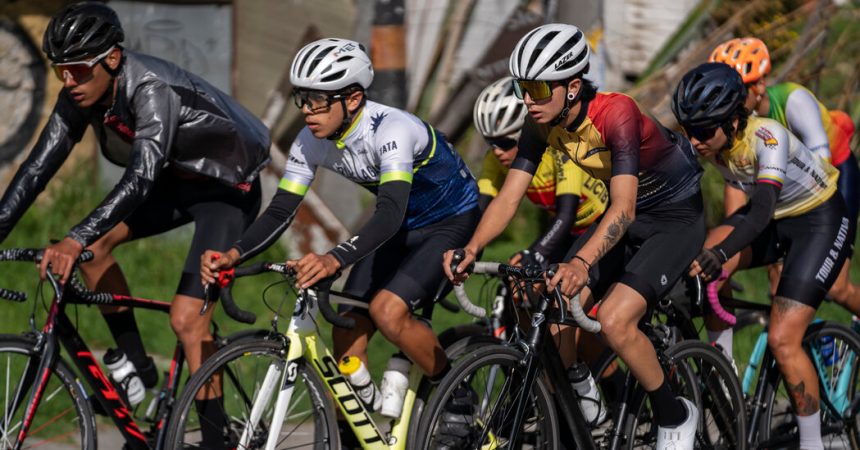Bicycles are an essential part of the Colombian identity — ubiquitous, cheaper and, in some urban communities, often a faster way to get around.
No Colombian city embodies riding on two wheels more than the capital, Bogotá, where the metropolitan area of nearly 11 million inhabitants has no subway system and some of the world’s worst traffic jams.
The city has over 1.1 million bicycles, according to officials, and records nearly 900,000 bicycle trips per day. On Sundays and holidays, more than 80 miles of major streets are shut down, a tradition that regularly draws two million people at a time.
“It’s the D.N.A. of this city,” said Bogotá’s mayor, Carlos Fernando Galán.
But a number of robberies and assaults of cyclists this year have left many riders in Bogotá on edge. A recent news report estimated that a bicycle was stolen in the capital every 42 minutes and small gangs of thieves have targeted cyclists.
“The insecurity for cyclists is at a maximum high,” said Yim Ángel, a founder of the Bicycle Collective, an advocacy group. “Cyclists contribute to the environment, to transportation, to health, to sports, to recreation. But in this moment, we don’t have a guarantee of security to move around freely in Bogotá. We’re scared.”

Bogotá is a Mecca for cyclists, but concerns over robberies are increasing.











